London, around 1600. After forty years of reign, the charismatic Queen Elizabeth I has given theater and music a very important role in the cultural life of her country. While William Shakespeare or Christopher Marlowe make the English theater acclaim, not less than 70 musicians are employed at the Royal Court. The program Airs or Fantastic Spirits proposes to wander through the universe of three contrasting yet all memorable composers of that era: Thomas Weelkes, Tobias Hume & John Dowland.
The outstanding success encountered by the first publication of the lutenist John Dowland, The First Booke of Ayres, dated 1597, shows how much music was a significant aspect of Elizabethan life – the best-seller will be reprinted at least four times up to 1613. As for Tobias Hume, little is known about his life. The somewhat lunatic nature of his compositions, his prefaces and his status of amateur musician reveal him as a curious yet unavoidable figure of that time. Thomas Weelkes too seems to have been an extravagant character. Employed at the Chichester Cathedral, he is 'noted and famed for a common drunkward and notorious swearer and blasphemer'! If Weelkes exclusively publishes church music after 1608, his earlier collections establish him as a leading figure of another essential English genre of 1600: the madrigal. Though he publishes them fairly young, Weelkes'madrigals are successful and his last secular collection Airs or Fantastic Spirits, strikes by its musical imagery.






